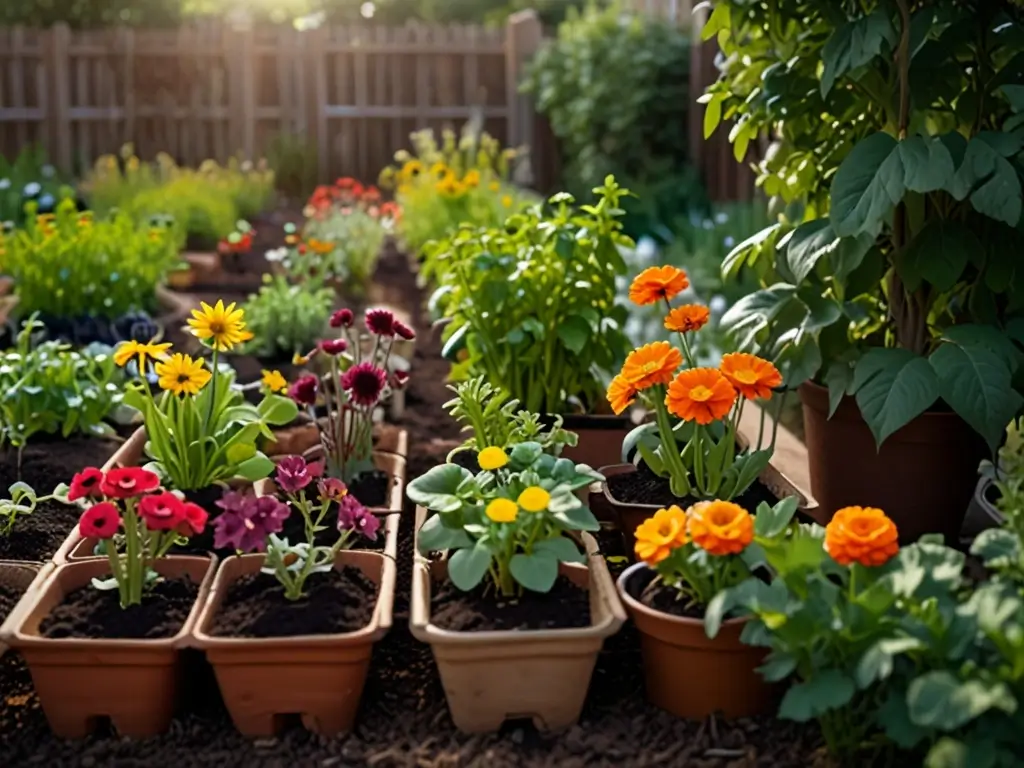
Companion planting is a gardening technique that involves growing different plants together to enhance growth, deter pests, and improve crop yield. Understanding which plants complement each other can lead to a healthier, more productive garden.
Companion planting is the practice of planting different crops close together for mutual benefits. This can include pest control, better pollination, and improved soil health. Some plants have natural properties that attract beneficial insects or repel harmful pests.
Certain plants, when grown together, help improve each other’s health and yield. For example, planting basil next to tomatoes can enhance flavor and repel pests. Similarly, marigolds deter nematodes when planted near crops like beans and squash.
Recommended Product: Organic Marigold Seeds

Using companion planting can reduce the need for chemical pesticides. Plants like garlic and chives deter aphids, while mint can repel ants. This method of natural pest control is safer for your garden’s ecosystem.
Recommended Product: Natural Pest Repellent Plants Kit
Some plants, like beans and peas, fix nitrogen in the soil, making it more fertile for other crops. This natural fertilization process can lead to healthier soil and better growth for plants in the same garden bed.
The strategic placement of companion plants can lead to more abundant harvests. For example, planting corn, beans, and squash together (the "Three Sisters" method) allows each plant to support the others, leading to higher yields.
Recommended Product: Three Sisters Planting Kit

By learning the benefits of companion planting and choosing the right combinations, you can create a healthier, more productive garden. This eco-friendly approach not only boosts plant growth but also reduces the need for chemicals.